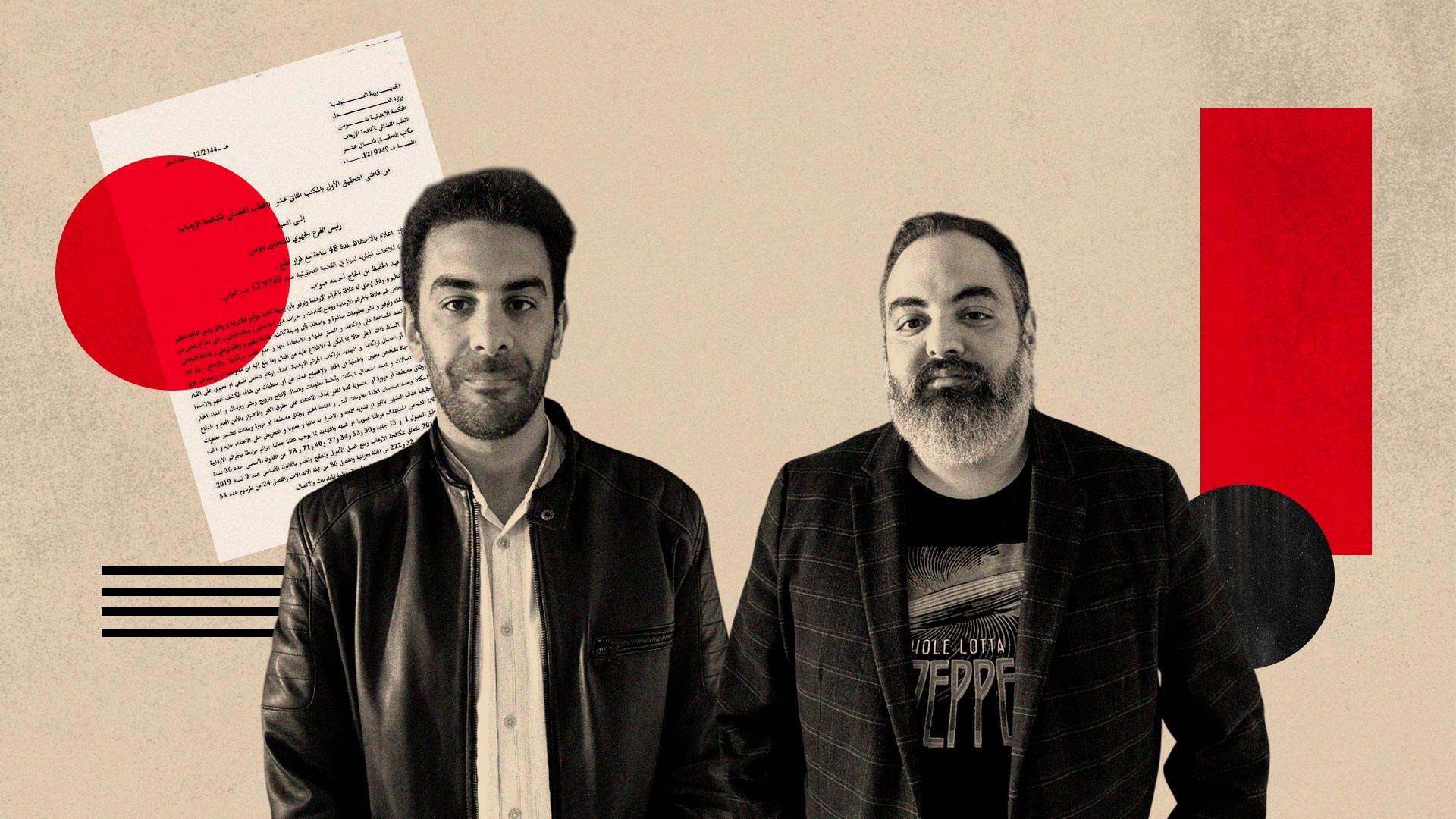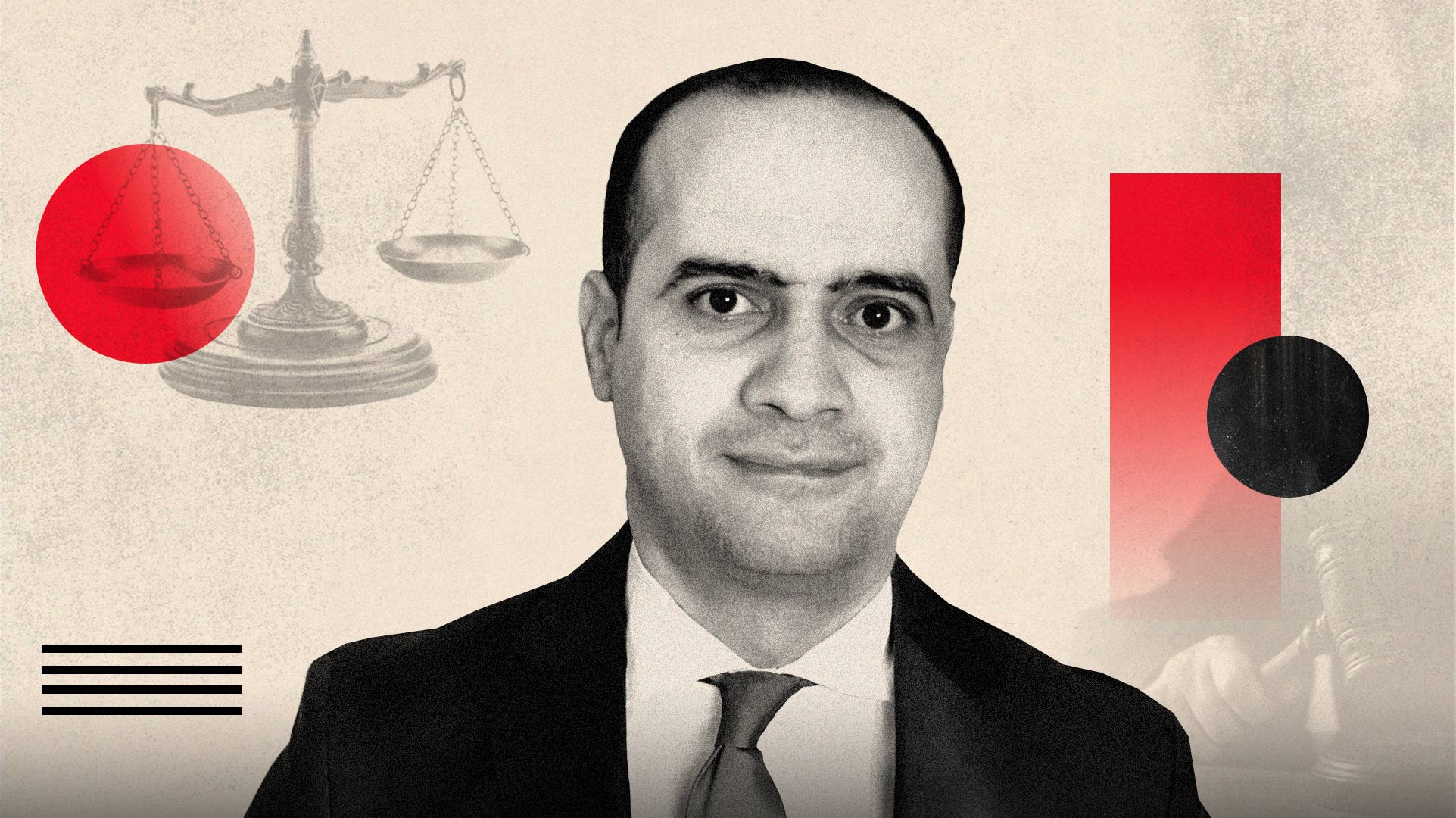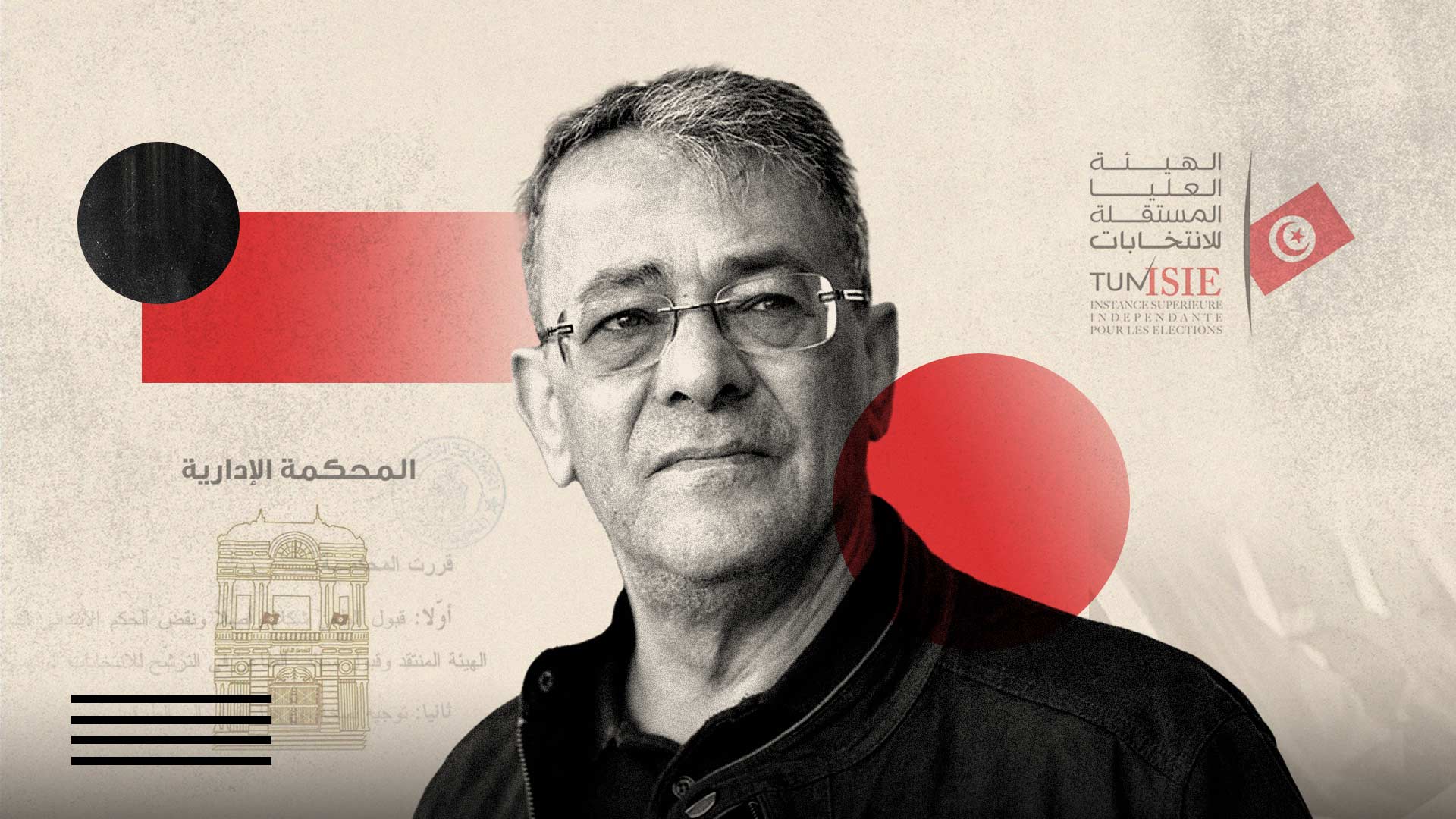On the brink of Justice
Latest episode
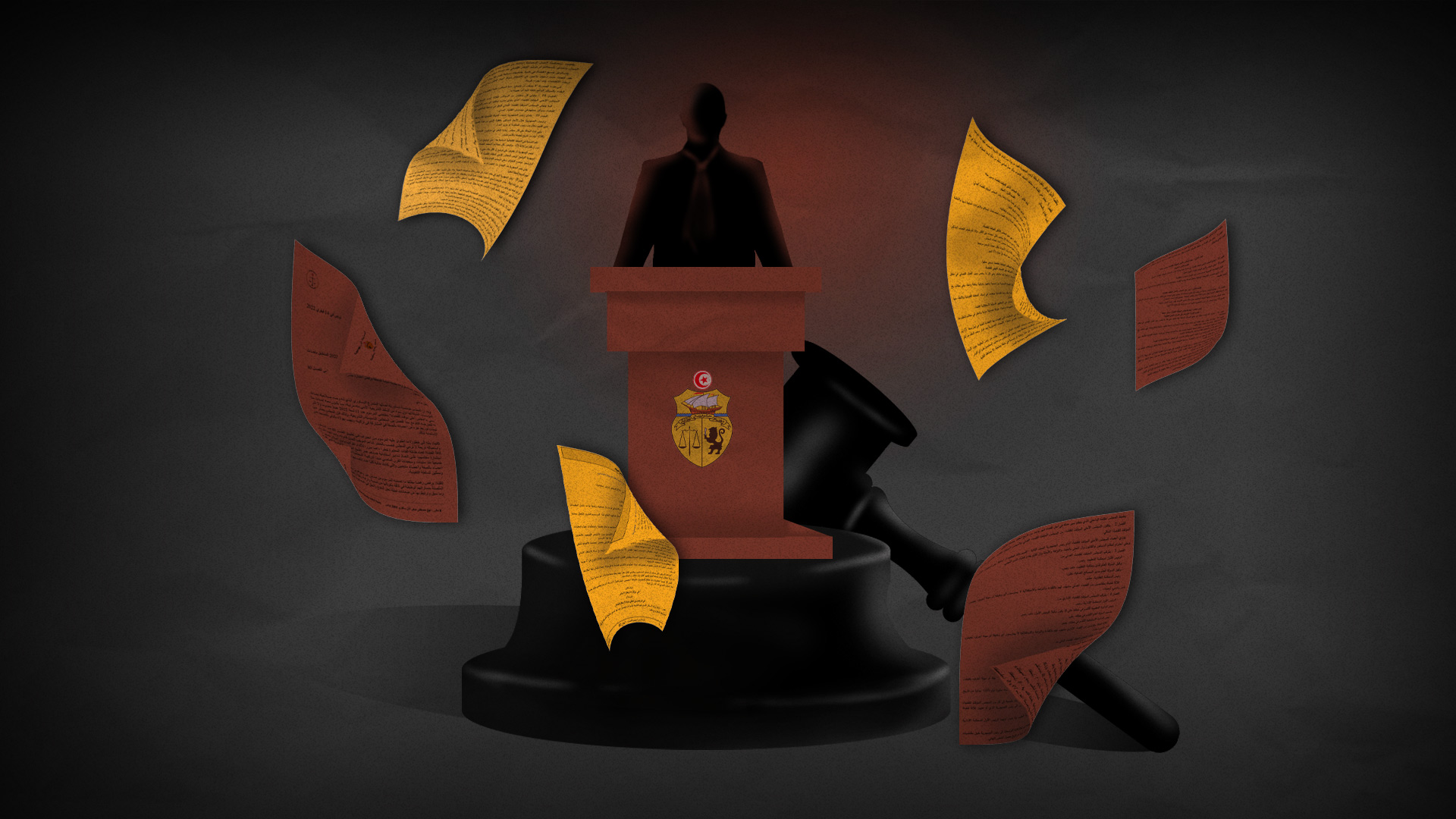
A judiciary under control
ALL EPISODES
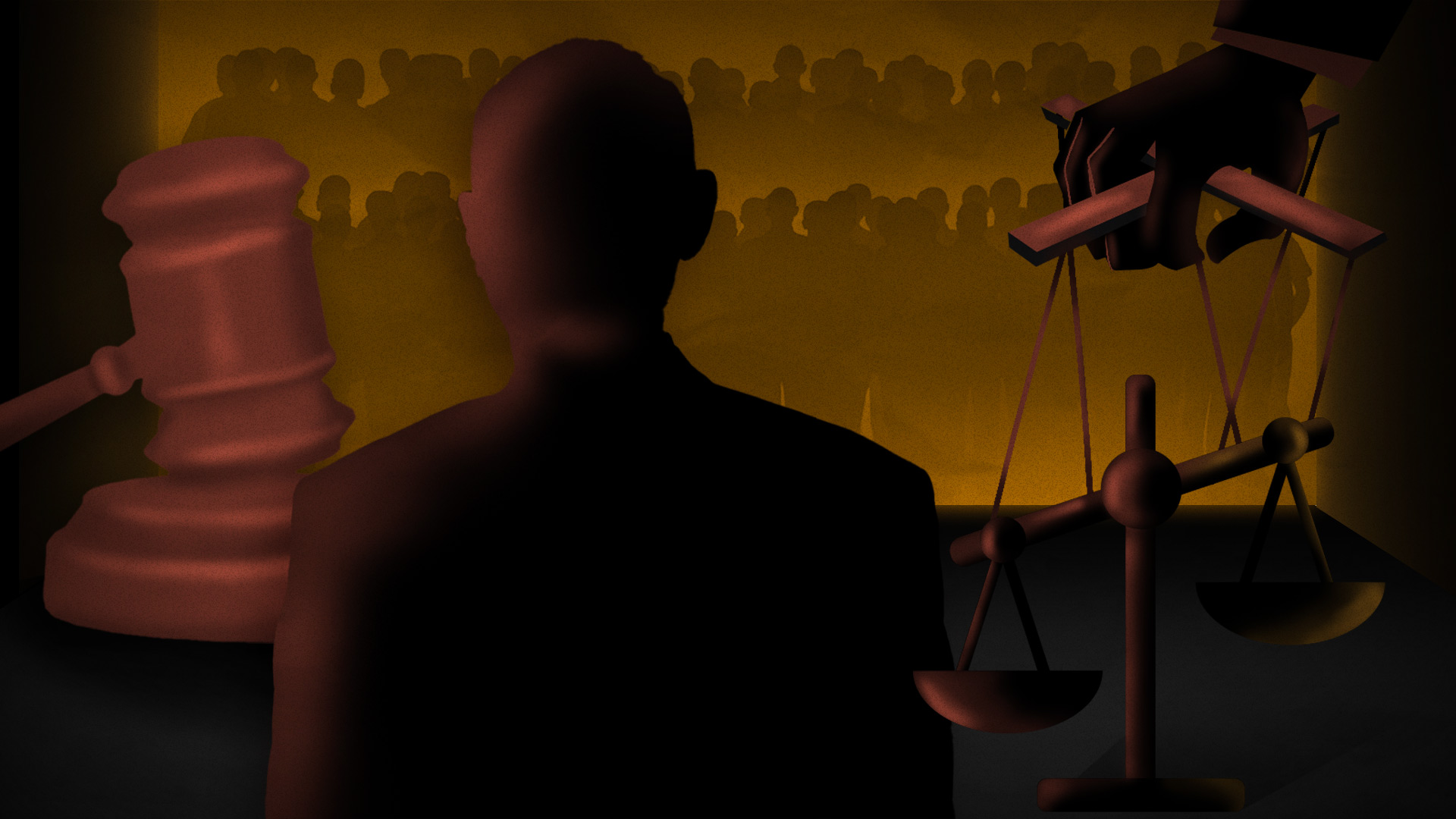 | EPISODE 5Unsubstantiated dismissals | The dismissal of 57 judges has sparked a public outcry and backlash in the country. The decision was deemed unfair and based on misleading security reports. In this session, we point fingers at Presidential Decree No. 2022-516, as we examine its background and details. | |
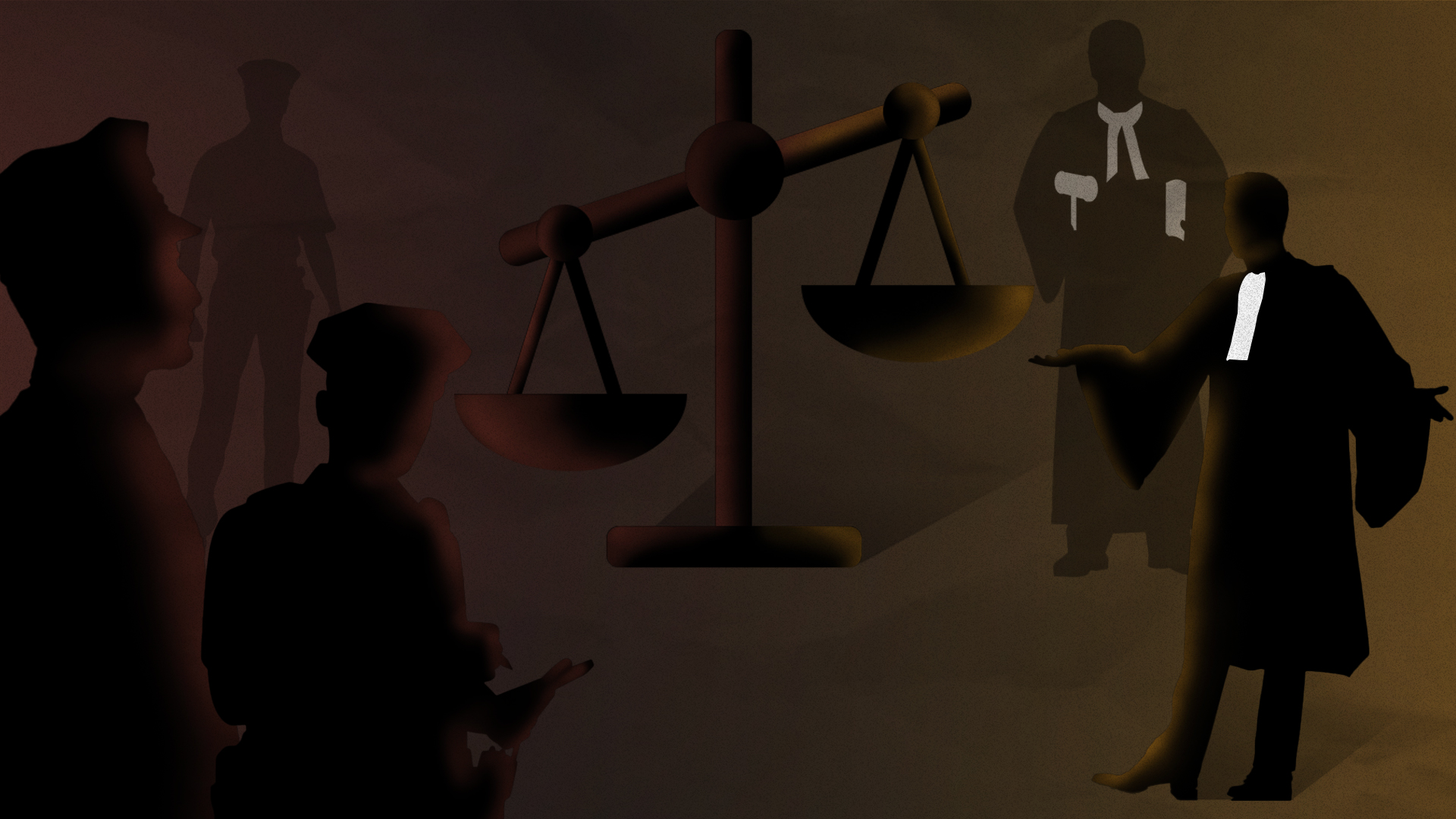 | EPISODE 4Unintended justice | In the fourth episode of the "On the brink of Justice" podcast, we point the finger at the relationship between judges and law enforcement officers. In this session, we try to better understand this relationship which raises questions about whether it is a utilitarian one. | |
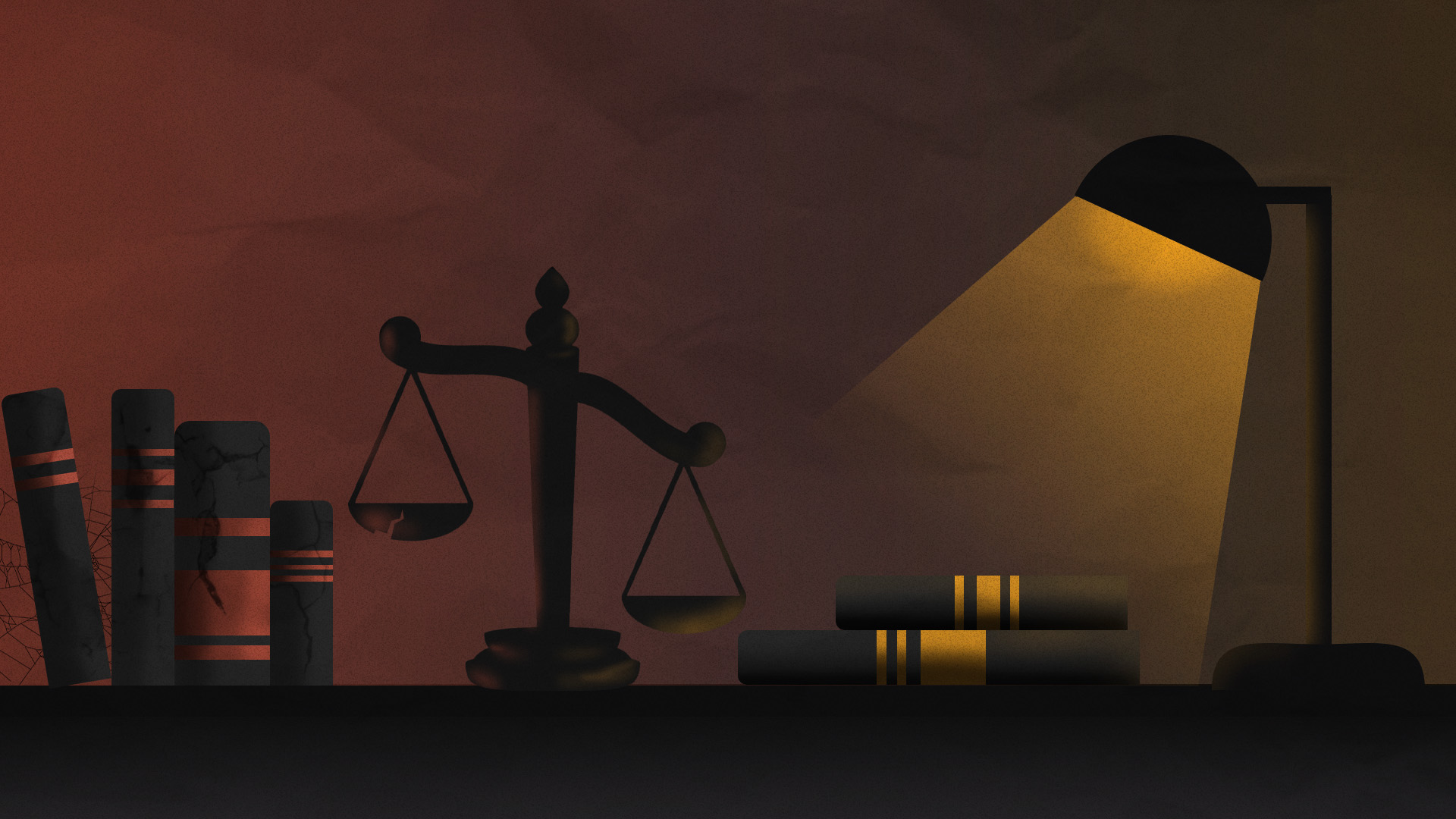 | EPISODE 3Code of criminal procedure, condemning freedom to the guillotine | Tunisia's criminal justice system has been under heavy criticism, as it is often accused of empowering the executive, denying citizens access to fair trials that guarantee their rights and dignity, and presuming their innocence until proven guilty. | |
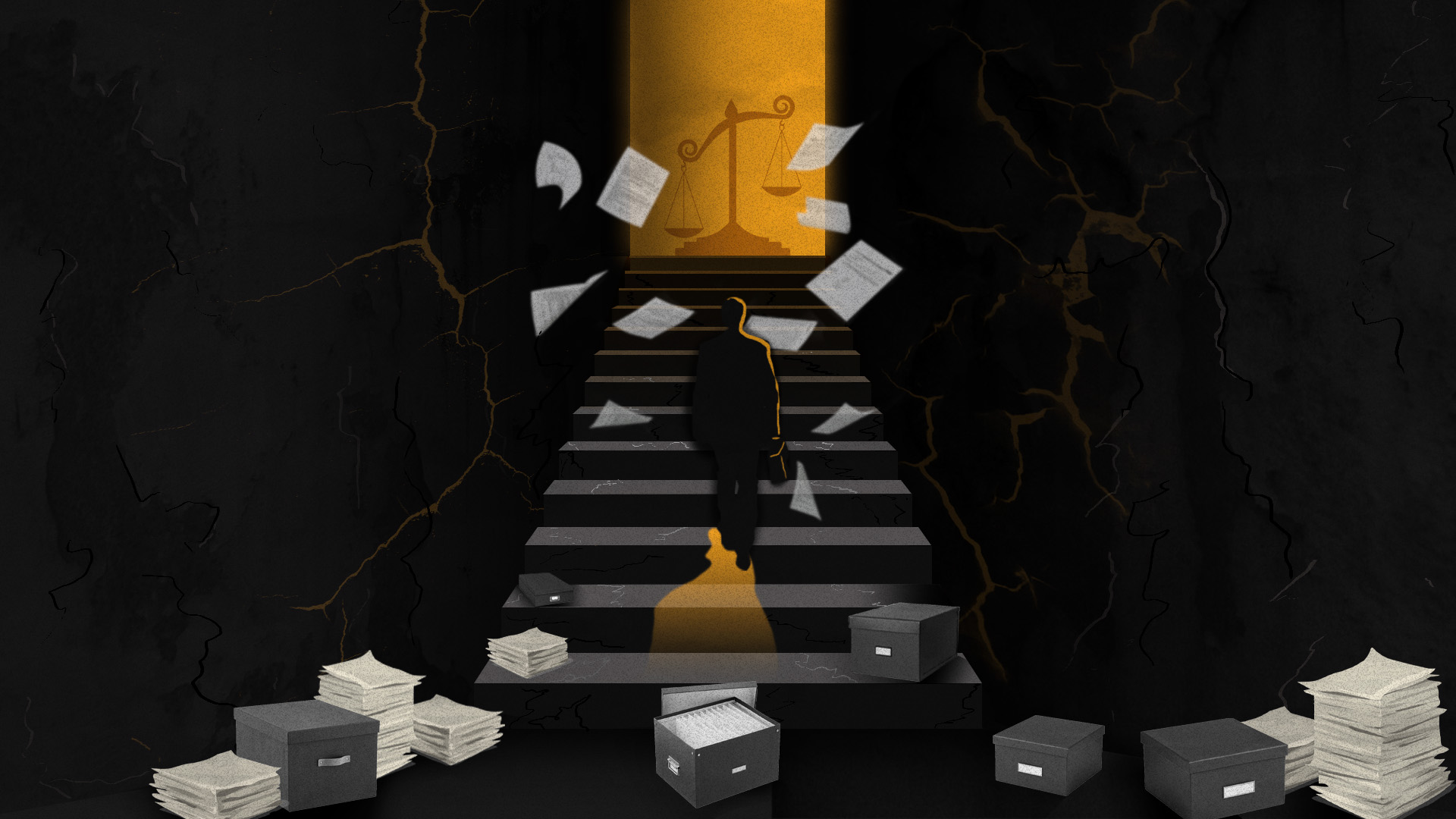 | EPISODE 2A dilapidated infrastructure, a crippled judiciary | In this session, fingers are pointed at the dilapidated infrastructure of the Tunisian courts and the training system of judges, which are accused of taking part in the crime of obstructing the course of justice and reducing its effectiveness, due to their multiple shortcomings and failures. | |
 | EPISODE 1A right lost in time | Some of the accusations currently hanging over the Tunisian justice system include the delay in ruling on cases and the continuous postponement of the restitution of rights to their holders in a never-ending cycle of procedures whose duration remains unspecified, thus undermining the effectiveness of justice for litigants and shaking their trust in it. | |
Recommended for you
Special interview with Saeb Soueb and Ayoub Ghaloussi
The future of justice in Tunisia: Between challenges and resistance, Special interview with Said Ben Arbia
Special interview with Ahmed Souab: serious repercussions from ISIE's refusal to enforce administrative rulings
ABOUT
Inkyfada Podcast is the first platform entirely dedicated to original Tunisian podcasts, and was conceived by Inkyfada media in collaboration with the in-house research and development laboratory, InkyLab. Inkyfada joined the global podcast boom in 2017, when the team produced the first Tunisian audio documentary, diving deep into the belly of the El Kamour struggle taking place in the desert. Since then, Inkyfada Podcast has produced a wide variety of documentaries, investigations, and podcast series, as well as articles accompanied by music; covering a multitude of contemporary issues in order to offer an immersive and alternative podcast experience. Whilst exclusively offering audio content, the Inkyfada Podcast team upholds the same core values and principles of inkyfada.com, and is committed to producing high quality content though a dynamic and meticulous production process. In addition to the permanent team, Inkyfada podcast works closely with various journalists, artists, illustrators, musicians and other content creators in order to diversify the platform and support artistic creativity. These podcasts differ from traditional radiophonic content in that the applied production and editing process is more akin to cinematographic techniques, in addition to being web-based, downloadable and accessible on demand. Additionally, Inkyfada Podcast uniquely offers subtitles in French, Arabic and English for all audio content, the majority of which is recorded in Tunisian or in the preferred language of the speaker in question.




